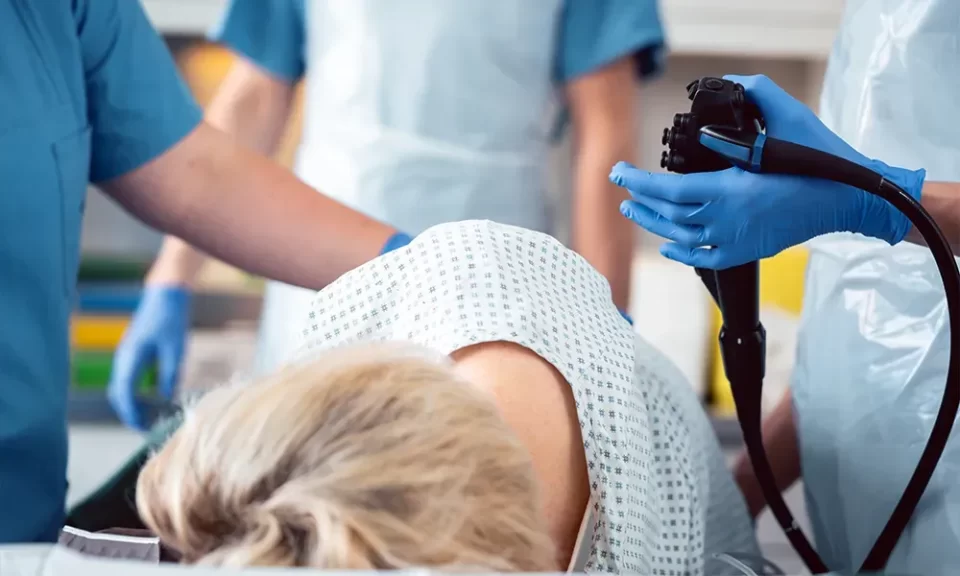A colonoscopy is a crucial medical procedure that helps detect abnormalities in the colon, such as polyps, inflammation, or signs of colorectal cancer. If you have been scheduled for a colonoscopy, you may be wondering how long the entire process takes.
While the actual procedure itself is relatively short, there are several phases to consider, from preparation to recovery. Understanding the timeline can help you plan your day and reduce any anxiety about the procedure.
Preparation Time: The Day Before the Procedure
The longest part of a colonoscopy is often the preparation, which begins at least a day before the procedure. Patients are required to follow a clear liquid diet for 24 hours before the colonoscopy. This means avoiding solid foods and consuming only water, broth, clear juices, tea, and certain sports drinks.
In addition to dietary restrictions, patients need to take a bowel-cleansing solution, often prescribed by their doctor. This laxative solution helps clear the intestines, ensuring the colon is free of any waste that might obstruct visibility during the procedure.
The process of consuming the laxative and waiting for bowel movements to occur can take several hours, often requiring patients to stay near a bathroom throughout the evening.
Check-in and Pre-Procedure Preparation: 30 to 60 Minutes
On the day of the colonoscopy, patients are usually required to arrive at the medical facility at least 30 to 60 minutes before the scheduled procedure. This allows time for check-in, reviewing medical history, signing consent forms, and changing into a hospital gown.
A nurse or medical assistant will place an intravenous (IV) line into the patient’s arm to administer sedation or anesthesia, which helps ensure comfort during the procedure.
The Colonoscopy Procedure: 20 to 45 Minutes
The actual colonoscopy typically takes between 20 to 45 minutes. During the procedure, the doctor inserts a long, flexible tube called a colonoscope into the rectum and carefully guides it through the colon.
The colonoscope is equipped with a camera and light, allowing the doctor to examine the intestinal lining in detail. If any abnormalities such as polyps are found, they can often be removed or biopsied during the same procedure, which may slightly extend the duration.
Most patients receive sedation, which helps them remain comfortable and unaware during the procedure. In some cases, patients may opt for light sedation or no sedation, which could impact how long the overall experience feels subjectively.
Recovery and Observation: 30 to 60 Minutes
After the colonoscopy, patients are moved to a recovery area, where they are monitored as they wake up from sedation. This recovery period typically lasts between 30 to 60 minutes, depending on how quickly the sedation wears off.
Patients may experience mild bloating or cramping due to the air introduced into the colon during the procedure, but these effects usually subside quickly.
Because sedation affects coordination and cognitive function, patients are required to have someone accompany them home. Driving is not allowed for the rest of the day, and it is generally advised to rest until the effects of the sedation fully wear off.
Total Time Commitment
From arrival to discharge, the total time commitment for a colonoscopy is usually between two to three hours. However, when factoring in the preparation time the day before, the process can span more than 24 hours. Understanding this timeline can help patients plan accordingly and ensure they follow all necessary steps for a successful procedure.
What Can Affect the Duration of a Colonoscopy?
Several factors can influence how long a colonoscopy takes. These include the thoroughness of bowel preparation, whether any polyps or abnormalities are found and need to be removed, and the patient’s response to sedation. In some cases, patients with a history of gastrointestinal issues or previous surgeries may require a longer procedure due to the complexity of navigating the colon.
Conclusion
While the colonoscopy itself is a relatively quick procedure, the preparation and recovery process extend the overall timeline. Proper bowel preparation is key to ensuring an efficient and accurate examination. If you have concerns about the duration or any part of the process, consult with your healthcare provider for guidance. A colonoscopy is a valuable screening tool that plays a crucial role in detecting and preventing colorectal diseases, making it well worth the time and effort involved.

